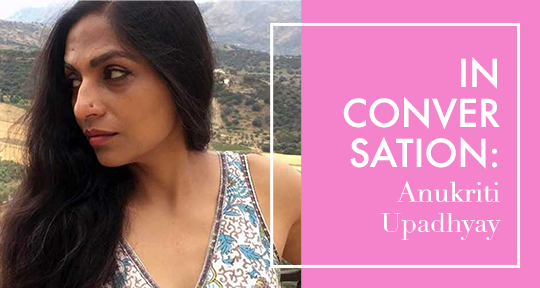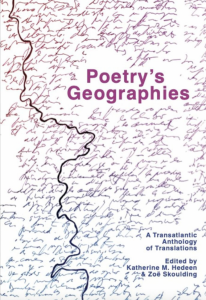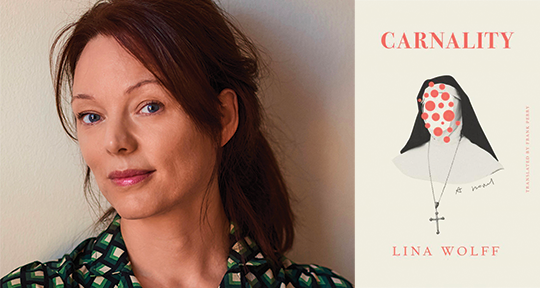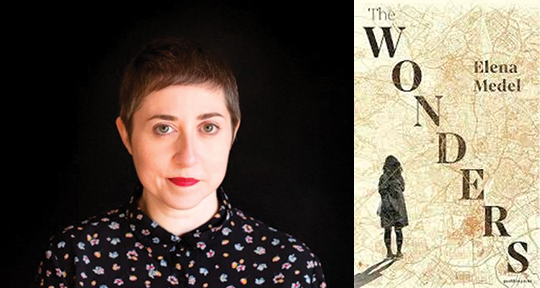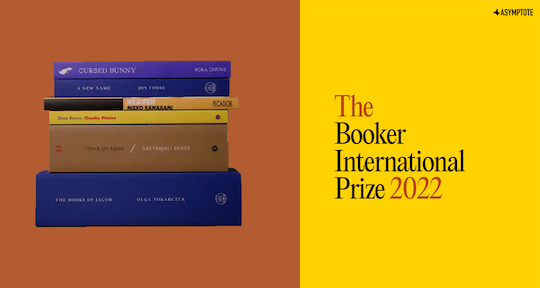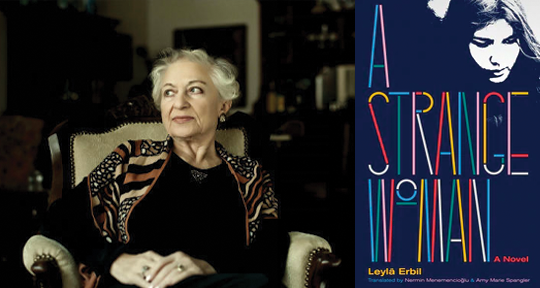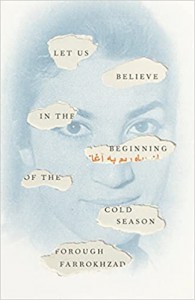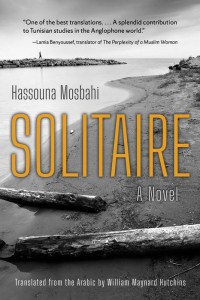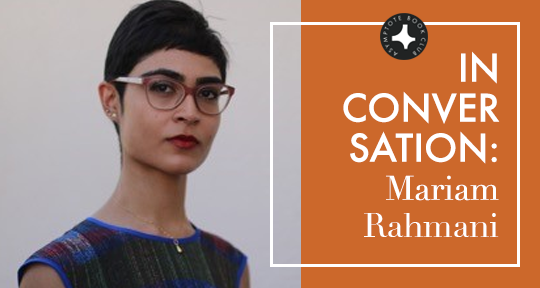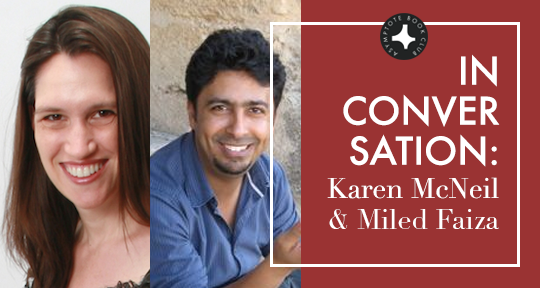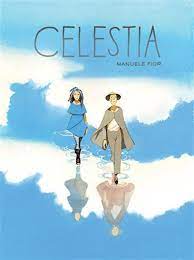Anukrti Upadhyay, a Sushila-Devi-Award-winning author, is one of India’s few bilingual writers; working in both Hindi and English, she has always looked at writing as a form of translation. In Hindi, she has published a collection of short stories called Japani Sarai and a novel called Neena Aunty, both hailed as pathbreaking in Hindi literature. She is, however, best known for her books Bhaunri and Daura—perhaps the only English-language novels set in rural Rajasthan, telling stories of the desert and its folks.
I first met Anukrti in Udaipur at a writing workshop organized by the Rama Mehta Trust. Over a three-day workshop, we spoke about translation, writing, and she discussed the works of her favorite Hindi authors. I caught up with her later and we conducted this interview over email; in our conversation, she talks about being a bilingual writer, whether language affects form, and what transcreation means to her.
Suhasini Patni (SP): What does being a bilingual writer in India mean to you?
Anukrti Upadhyay (AU): I have written poetry in Hindi for as long as I can remember—and if my mother is to be believed, even before that! Fiction, on the other hand, I began writing only a few years ago, and in English. The how and why of this occurrence, which had seemed organic to me at the time, I can now parse with hindsight; Hindi, the language of spontaneous expression, is the natural choice for poetry and English, the acquired medium, provides room for distance and synthesis which are essential for building stories. Of course, like everything else in life, this is not a complete explanation, nor one that is accurate on all points. After writing prose in English for a couple of years, I began writing fiction in Hindi as well, deriving a deep and unique satisfaction in the freedom and maneuverability I have in the language.
It is very important to me that I practice writing in both Hindi and English. I use “practice” here advisedly, for writing is a practice, just like law or medicine or running a triathlon. Writing fiction in two languages offers me the opportunity to observe and explore in different ways, each offering its own unique range and challenges, its muteness and volubility. These two languages, both mine in different ways, nurture and, I’d like to believe, enrich my writing.
SP: Does a story tell you what language it should be written in? Does language affect genre or form? Do you dream bilingually?
AU: Aha, what an interesting bouquet of questions! Yes, a story tells me which language it wishes to emerge in. The first rumblings of a story, the first words—a sentence or a phrase—come to me like birds coming home. Whichever language those words are in, that’s the one I work with. I have noticed that the language does not seem to have any overt or discernible connection with the plot or setting or characters. Perhaps there are certain times when I think in one language and other times in another?
No, my language has not, till now, impacted genre or form. To me, the first and foremost condition for a story is that it should hold my interest, and language has never acted as a barrier in that; it has always been only a receptacle for the story.
And do I dream in two languages? Shouldn’t the question first be—do I dream?! Yes, and yes, and I wake up to jot down the vague or sharp images that remain with me in either language. READ MORE…

